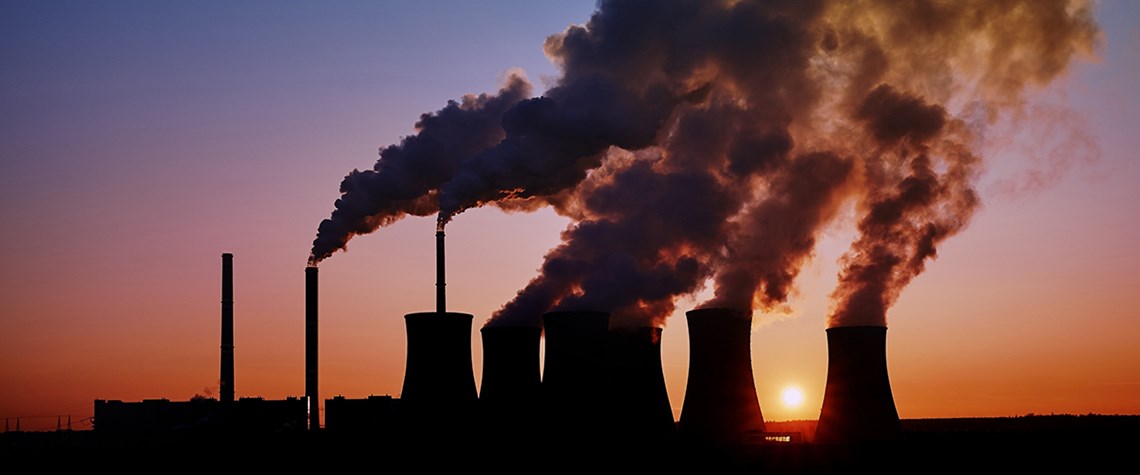The other damaging glut
Emissions-trading systems have suffered from an oversupply of permits. Regulators are trying to fix that and show the mechanisms can still work
As countries from Kazakhstan to Mexico weigh up the pros and cons of establishing carbon trading as part of their contributions to the Paris Agreement, the oldest markets are still striving to tackle their chronic problem: oversupply. The three main systems in operation, the EU's Emissions Trading System (EU ETS), the Regional Greenhouse Gas Initiative (RGGI) in the northeast US and California's state-wide system, all suffer from gluts of unused permits. This has depressed prices and allowed industrial emitters to buy their way to compliance instead of making changes to their energy-intensive processes. Critics say this proves carbon markets are ineffective and carbon taxes should replace in

Also in this section
9 January 2026
A shift in perspective is needed on the carbon challenge, the success of which will determine the speed and extent of emissions cuts and how industries adapt to the new environment
2 January 2026
This year may be a defining one for carbon capture, utilisation and storage in the US, despite the institutional uncertainty
23 December 2025
Legislative reform in Germany sets the stage for commercial carbon capture and transport at a national level, while the UK has already seen financial close on major CCS clusters
15 December 2025
Net zero is not the problem for the UK’s power system. The real issue is with an outdated market design in desperate need of modernisation







